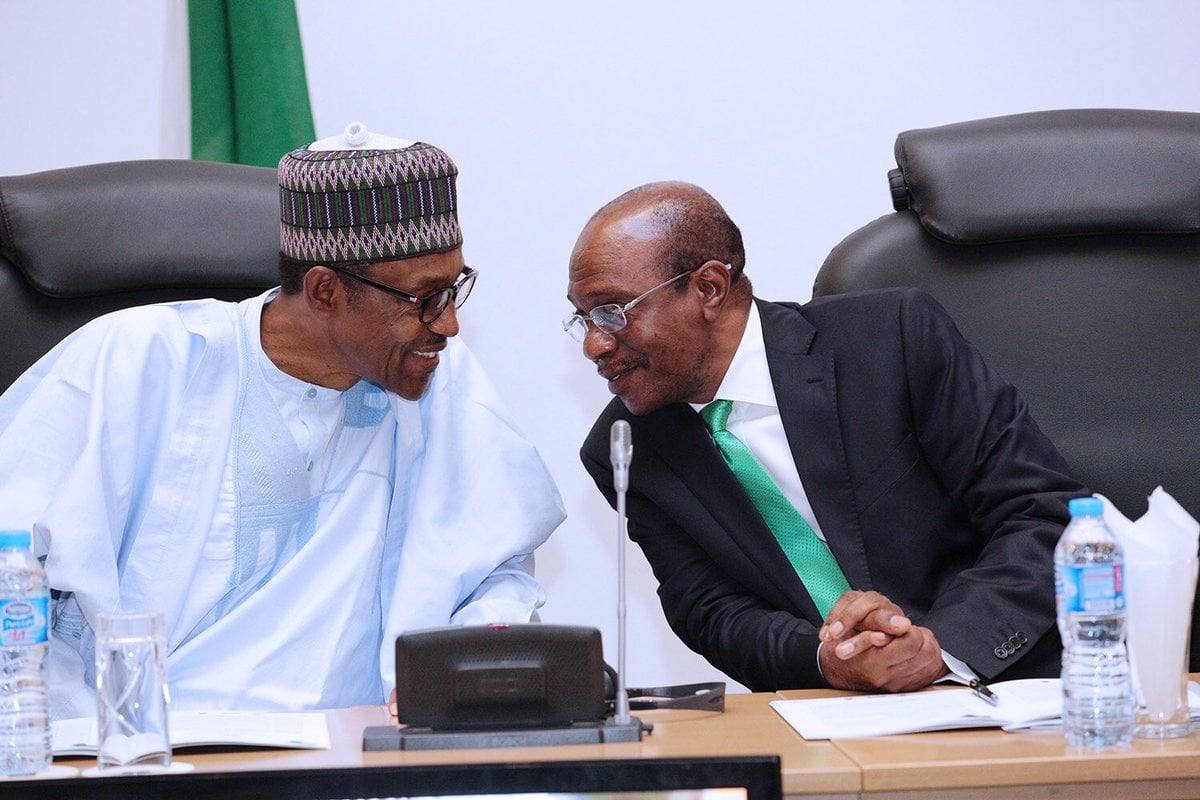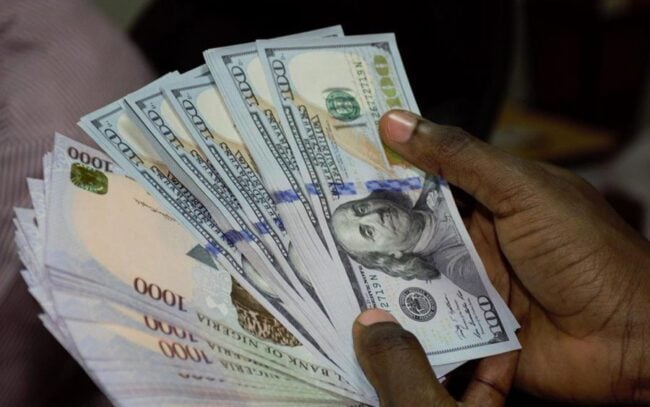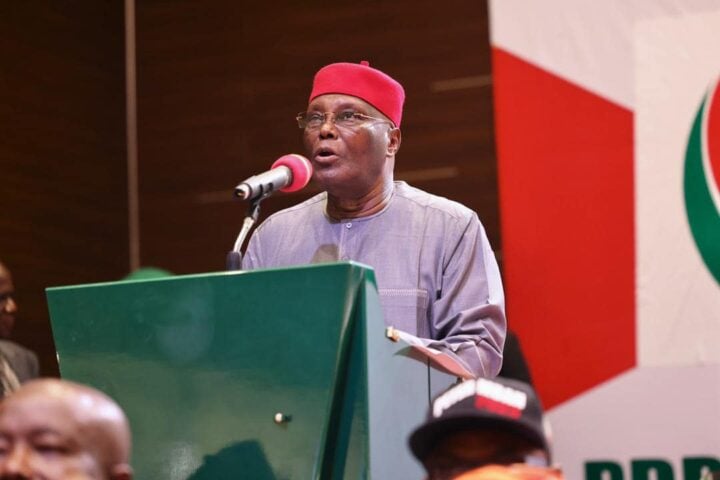Agora Policy, an Abuja-based think tank set up to find practical solutions to urgent national challenges, says Nigeria’s domestic debt is being largely understated.
The think tank, in its maiden policy report on revamping Nigeria’s economy, said the official statistics on the country’s debt do not include N17.4 trillion borrowed from the Central Bank of Nigeria (CBN).
According to the report published on Monday, CBN’s ways and means lending to the federal government has increased from N265.7 billion in January 2014 to N18.89 trillion in March 2022 — representing more than 7,000 percent jump.
All of these monies are not factored into Nigeria’s domestic and total debt figures published by the Debt Management Office.
Advertisement
Using the official figures, Agora Policy said “the total debt stock of FGN has increased by 436% from N6.17 trillion in December 2011 to N33.11 trillion in December 2021.
“Domestic debt increased by 242%, from N5.6 trillion to N19.2 trillion; while foreign debt increased by 2,435% from N546 billion to N13.86 trillion.”
The report added that “the official debt stock statistics do not include FGN’s borrowing from the Central Bank of Nigeria (CBN) through Ways and Means which increased by over 7,000% from N265.7 billion in January 2014 to N18.89 trillion in March 2022”.
Advertisement
“Thus, if the debt from Ways and Means as of December 2021 (N17.4 trillion) is added to official debt, the domestic debt stock as of December 2021 rises to N36.6 trillion.”
According to Waziri Adio, the Founder/Executive Director of Agora Policy, the focus on the economy was deliberate and was intended to expand policy and programmatic options for the current and next administrations.
“There is no better time than the electioneering period to take a critical look at the state of the economy,” Adio said.
“We commissioned this report to elevate the discussions during this important campaign season and to facilitate the search for solutions in an area that is central to national growth and human development.”
Advertisement
From January 2022 to April 2022, debt service was the largest component of expenditure by the federal government.
In those four months, the country’s debt service exceeded revenue by N308 billion, meaning that the government borrowed to pay back debt.
CONTRAVENTION OF THE CBN ACT

Agora Policy said CBN’s continuous intervention through the ways and means is illegal and “poses many problems”.
Advertisement
“First, the CBN Act is clearly being contravened. Second, FGN’s revenue is obviously not enough to fund expenditure,” the report read.
“Third, since this figure is not included in official statistics for debt stock, the size of FG’s debt is distinctly understated.”
Advertisement
According to section 38, sub-section 1 and 2, of the CBN Act, “the Bank may grant temporary advances to the Federal Government in respect of temporary deficiency of budget revenue” and “the total amount of such advances outstanding shall not at any time exceed five per cent of the previous year’s actual revenue of the Federal Government”.
For years now, CBN’s lending to the federal government has exceeded five percent of the previous year’s revenue by a lot more.
Advertisement
The think tank said the situation has reached critical levels in 2022 as fresh data showed that debt service in the first four months of 2022 exceeded revenue.
“Aggregate FGN retained revenue for January to April 2022 was N1.63 trillion, while aggregate expenditure was N4.72 trillion.
Advertisement
“Alarmingly, debt service was the largest component of expenditure with N1.94 trillion, followed by non-debt recurrent expenditure (N1.7 trillion), capital expenditure (N773.63 billion) and statutory transfers (N289.89 billion).
“Thus, the country is in the precarious situation of borrowing to pay back debt. Since revenue was N1.63 trillion and debt service was N1.94 trillion, the government borrowed N308 billion to pay back debt.”
Agora Policy believes “this is clearly a perilous situation,” and has recommended new ways of revamping the nation’s economy, starting from an end to the ways and means lending.
Add a comment







